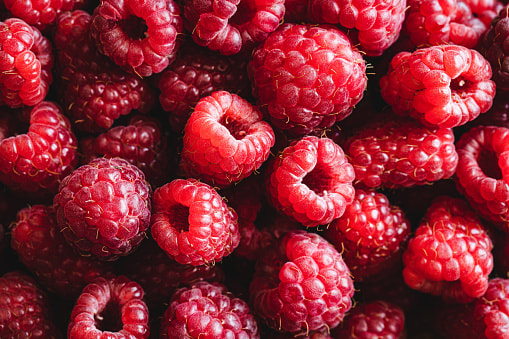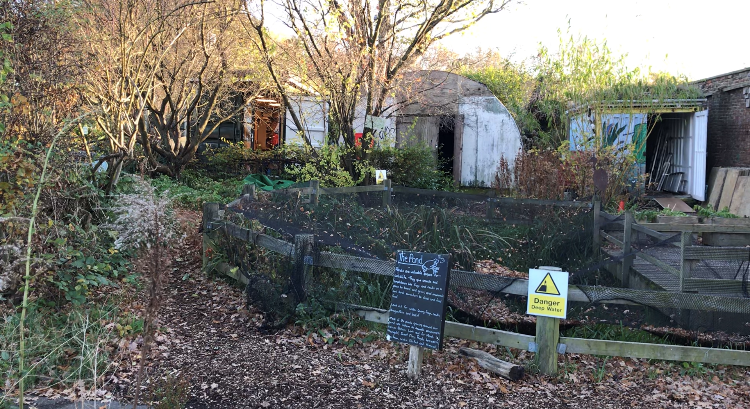|
Greek sage (Salvia triloba), oleander (Nerium oleander), rosemary, lavender (Lavandula angustifolia), apple (Malus pumila), and thyme (Thymus vulgaris) are rich in ursolic acid and inhibit both COX-2 and 5-LOX. Ursolic acid is a potent antiinflammatory agent found in plants that are used in the management of certain disease conditions.
Source: https://www.sciencedirect.com/science/article/abs/pii/B9780081020814000150 Most of us think of gardens as sunny places, which is likely due to the fact that the crops we're used to growing and eating require full sun to thrive. And it's true: those summer veggie gardens brimming with squash, green beans, and tomatoes require a lot of sunlight. Many edible plants, on the other hand, can grow in the shade.For those of us who want to grow more of what we eat, it's critical to understand what we can grow in less-than-sunny conditions. A variety of fruits and vegetables, it turns out, prefers shade, or at least dappled shade, to do their thing. If being experimental and adventurous, with a dash of self-sufficiency, sounds like a good time, the list of shade-tolerant produce below might be just what you're looking for. 1. Ostrich Fern: Every spring, the forest floor is littered with new plant sprouts that have been waiting for some warmth. Ostrich ferns produce an abundance of edible fiddleheads (unfurled fronds) that are similar to asparagus for those in the know. They prefer partially shady locations and grow into lovely ornamental plants for the rest of the year. 2. Ramps: Ramps, also known as wild garlic, grow naturally in deciduous forests where the soil is rich in organic matter. They are spring ephemerals that prefer to bask in the sun before the trees' leaves have returned. Ramps take a while to get going (a few years before harvest), but they are perennials that can produce tasty greens for many years. 3. Creeping Raspberry: Creeping raspberry (thimbleberry) grows low and prolifically in shady areas, such as the understory of food forests, and makes an excellent edible. It produces delicate fruits that are too soft for market transportation. Nonetheless, they have a flavor similar to raspberries and make delicious jams. They prefer full shade. Another advantage is that they are thornless. 4. Wintergreen: Wintergreen is a low-growing evergreen that makes a lovely groundcover and has edible berries and tea-making leaves. Wintergreen's flavor is derived from both the berries and the leaves, as the name implies. This is an excellent groundcover for shady gardens. They can tolerate some sunlight but prefer to be in the shade. 5. Sweet Cecily: Sweet Cecily, a self-seeding member of the carrot family, will quickly spread wherever it is planted. It thrives in partial shade and produces a delicious variety of snacks, as well as attracting a large number of pollinators. Sweet Cecily, like many other wildflowers, prefers to be planted in the fall and will bloom the following spring. Grow 7 food plants in shaded areas6. Arctic Beauty Kiwi When we can grow something vertically, even in shady areas, we save valuable growing space. Arctic Beauty Kiwi thrives in partial shade. It grows to be about 10-12 feet tall and produces divine fruit that resembles hardy kiwis (smooth and green on the outside) rather than the fuzzy kiwis found in supermarkets. 7. Elderberry: Elderberry trees are voracious, quick-growing plants that thrive in wet soil and partial shade. Both the berries and the flowers are medicinal and edible. In general, the berries are used to make jam, syrup, and wine. Teas can be made from flowers. If the trees become too large, they can be pruned and will recover to continue producing. Grow a lot of food in areas that most gardeners believe are off-limits to plants. That is not the case at all. Lots of tasty foods will grow in places where the sun rarely shines.
Many people have been taking up gardening since the start of the pandemic, with some opting for community gardens in their neighbourhood as a great way to learn new skills and meet new people.
Many gardens in London practice organic gardening techniques by avoiding polluting chemical substances, creating healthy soil, and encouraging people to have a more holistic approach to green spaces. Community gardening has an important role in giving people an opportunity to engage with nature, while also being a space to socialise and share a common purpose with others in the area. Brockwell Park Community Greenhouses (BPCG), a community garden in the centre of Lambeth which practices organic gardening methods, has regular gardening sessions, and also offers a range of non-horticultural activities, such as lino printing, woodworking, yoga, tai chi and fermentation to draw wider parts of the community in. It aims to provide a creative environment that people want to spend time in. Chris Smith, Chair of BPCG said the garden’s mission is: “To be a haven for urban people and wildlife, and to provide a place where everybody can learn, play and grow together.” An increasing number of people in urban spaces have been taking up community gardening since the start of the pandemic, and throughout the numerous lockdowns across the country, with many saying they have rediscovered nature. An important and common component of a lot of community gardens is that they try to use organic gardening techniques, and encourage the local community to have a more holistic approach to green spaces. Community gardening has an important role in giving people an opportunity to engage with nature, while also being a space to socialise and share a common purpose with others in the area. Brockwell Park Community Greenhouses (BPCG), a community garden in the centre of Lambeth which practices organic gardening methods, has regular gardening sessions, and also offers a range of non-horticultural activities, such as lino printing, woodworking, yoga, tai chi and fermentation to draw wider parts of the community in. It aims to provide a creative environment that people want to spend time in. Chris Smith, Chair of BPCG said: “An important part of our mission is to reach people who are deprived of green spaces, but also those who are economically and educationally deprived. “We are also trying to reach more men as 75% of our volunteers are women.” Joe White, who is a new volunteer at BPCG, said that he enjoys spending time with people of all age groups who he might not encounter in his day-to-day life. White said: “I learn so much from being surrounded by people in the community, not many other places provide such an opportunity.” Source: SW Londoner |
Archives
January 2023
Categories
All
|


 RSS Feed
RSS Feed
